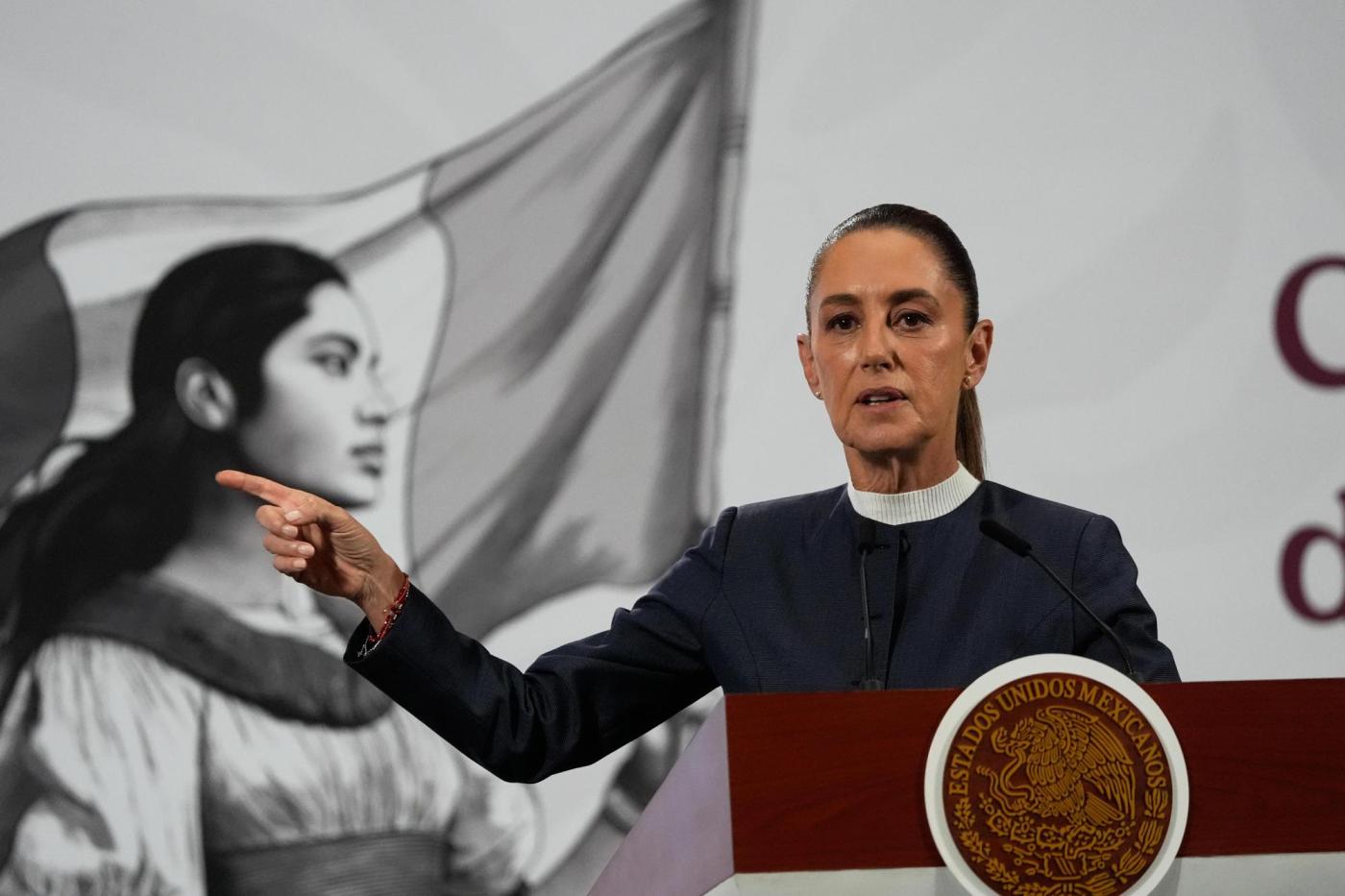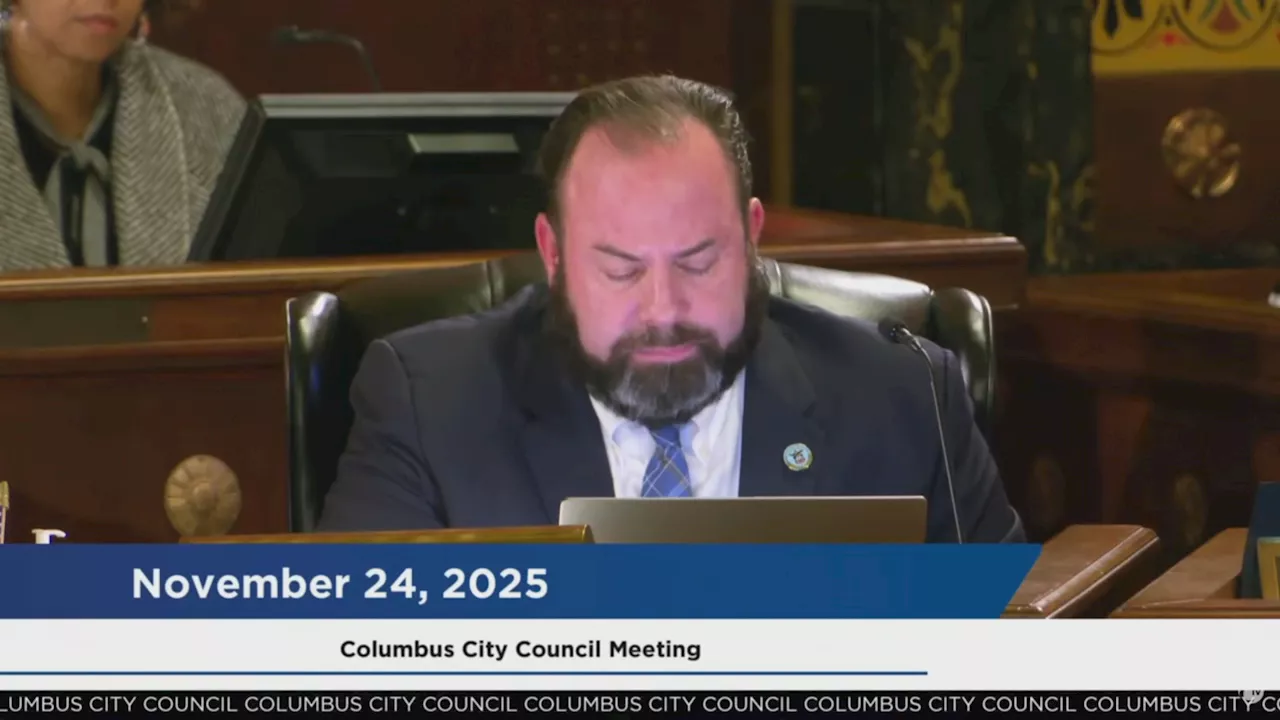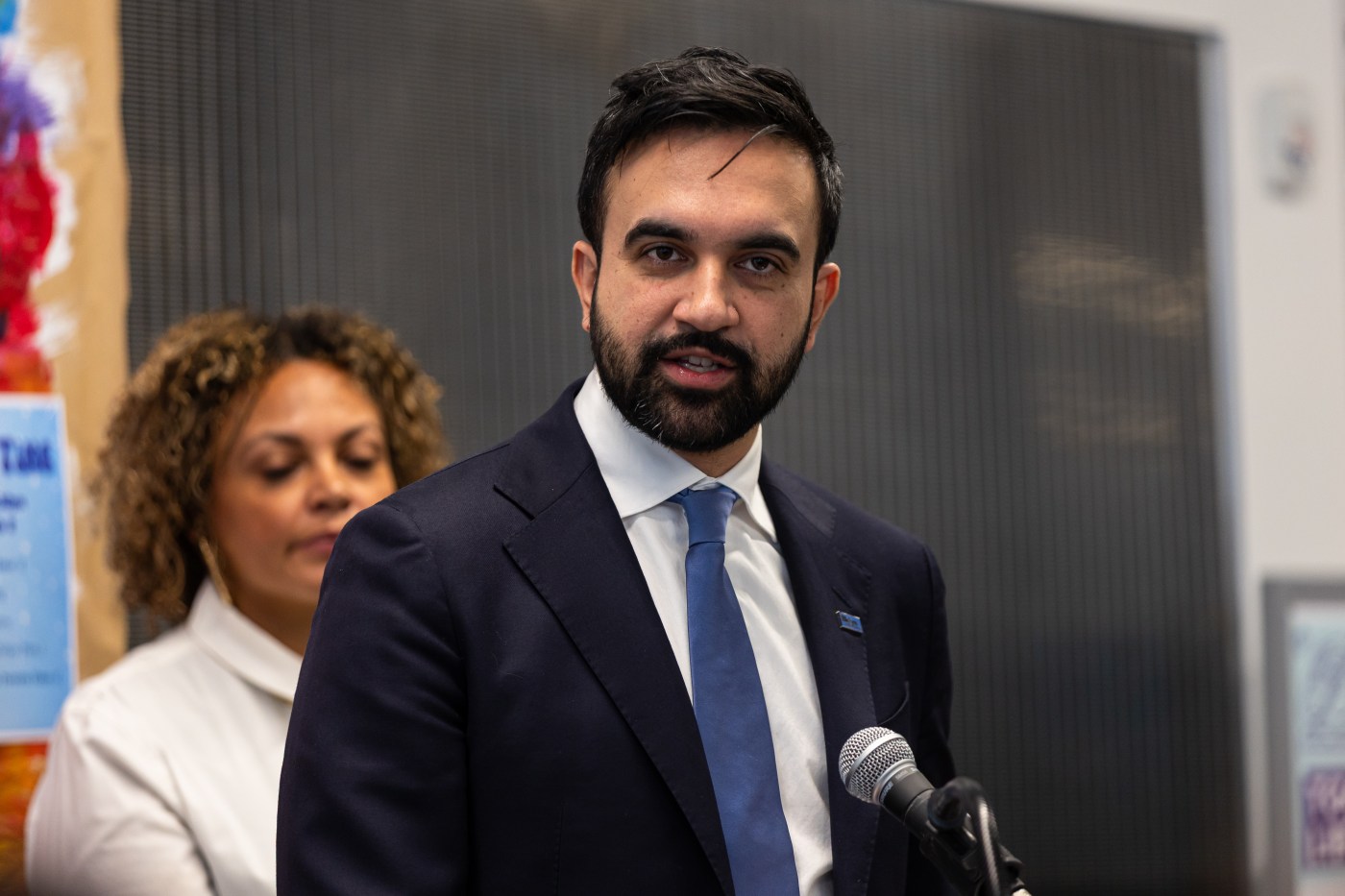A disturbing incident involving Mexican President Claudia Sheinbaum has sparked national conversations about harassment faced by women in the country. During what was intended to be a quick walk from the National Palace to the Education Ministry, a man groped Sheinbaum, an event captured on video that has since gone viral. On March 15, 2024, Sheinbaum announced during her daily press briefing that she had pressed charges against the man.
In her statement, Sheinbaum emphasized the necessity for legal reforms to facilitate the reporting of such incidents. She highlighted the need for a clear message: “Women’s personal space must not be violated.” The president expressed her sense of responsibility, stating, “If this is done to the president, what is going to happen to all of the young women in our country?”
The incident resonates deeply in a nation where daily harassment is common. Many women, including Andrea González Martínez, shared their experiences of being harassed, particularly in public transportation. González Martínez described an alarming episode where a man followed her home after a public encounter. “It happens regularly, it happens on public transportation,” she said.
Sheinbaum’s comments reflect a broader understanding of the issue, as she recalled experiencing harassment herself at the age of 12 while using public transport. Her decision to press charges stems not only from her personal experience but from a collective responsibility toward women across Mexico.
Clara Brugada, Mexico City’s Mayor, confirmed that the man accused of groping Sheinbaum had been arrested. The incident has raised questions about the president’s security. However, Sheinbaum dismissed any notion of increasing her security protocols, explaining that she and her team chose to walk to save time, making the five-minute journey instead of a lengthy car ride.
In light of the incident, Brugada invoked Sheinbaum’s past rhetoric regarding her election as the first female president, stating that harassment against any woman, including the highest offices, is a violation of all women’s rights. She reinforced a commitment to addressing misogyny and violence against women, declaring, “It’s not good that men attack us. You can’t walk around free in the street.”
The reactions from citizens following the incident suggest a shared sentiment. Many women expressed skepticism about the effectiveness of current police responses to harassment. Lilian Valvuena, a 31-year-old witness to the incident, mentioned that prior to this event, she felt Sheinbaum may not have fully grasped the severity of violence against women in Mexico. She hopes this moment will lead to improved police training and protocols for handling such incidents.
Marina Reyna, executive director of the Guerrero Association against Violence toward Women, expressed concern that Sheinbaum’s calm demeanor during the incident might downplay the severity of the assault. Nevertheless, she remains hopeful that the president’s willingness to address the issue publicly will enhance the handling of similar cases in the future.
Reyna noted, “You lose confidence in the institutions. The people stop going to report it, because when you report it nothing happens.”
As the conversation around women’s safety and harassment continues to unfold in Mexico, Sheinbaum’s actions may serve as a catalyst for change in a country grappling with systemic issues of gender-based violence.







